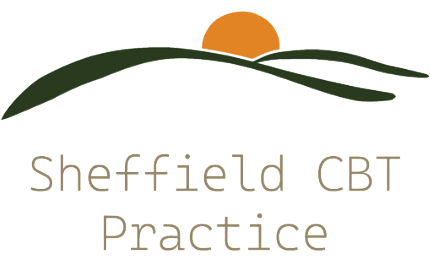CBT For Obsessive Compulsive Disorder
What is OCD?
Obsessive-Compulsive Disorder (OCD) is an anxiety disorder that causes uncontrollable, unwanted thoughts (obsessions) and repetitive, ritualised behaviours (compulsions). While it’s normal to double-check things occasionally, for someone with OCD, these behaviours become excessive, interfering with daily life.
If you have OCD, you might recognise that your thoughts and behaviours are irrational but feel unable to resist them. For example, you may wash your hands repeatedly or check the stove numerous times to ensure it’s off. These actions are often driven by fears of something terrible happening if the ritual isn’t completed.

Understanding Obsessions and Compulsions
Obsessions are involuntary, repetitive thoughts, images, or impulses that can be distressing. Compulsions are the behaviours or rituals performed to reduce the anxiety caused by these obsessions.
Common categories of OCD include:
- Washers: Fear of contamination, leading to compulsive cleaning or handwashing.
- Checkers: Constantly check things like locks or appliances to prevent perceived danger.
- Doubters and Sinners: Worry that something terrible will happen if things aren’t perfect or done correctly.
- Counters and Arrangers: Have a strong need for order and symmetry, often tied to specific superstitions.
- Hoarders: Struggle to discard items due to a fear of negative consequences.
If you’d like to discuss your concerns or book an appointment, call us on 0114 383 0004.
How Can Therapy Help?
Cognitive Behavioural Therapy (CBT) is considered one of the most effective treatments for OCD. A specific approach called Exposure and Response Prevention (ERP) is commonly used.
- Exposure involves gradually confronting the source of your obsession.
- Response Prevention helps you resist the urge to perform the related compulsion.
For example, if you are a compulsive hand-washer, you might be asked to touch a door handle and then refrain from washing your hands. Over time, this reduces the anxiety linked to the obsession and breaks the cycle of compulsive behaviours.
How Many Sessions Will I Need?
Treatment length varies, but the Department of Health guidelines suggest that therapy for OCD may require 10 or more sessions of CBT.

If you’d like to discuss your concerns or book an appointment, call us on 0114 383 0004.
Further information regarding Obsessive Compulsive Disorder can be found at www.nice.org.uk
